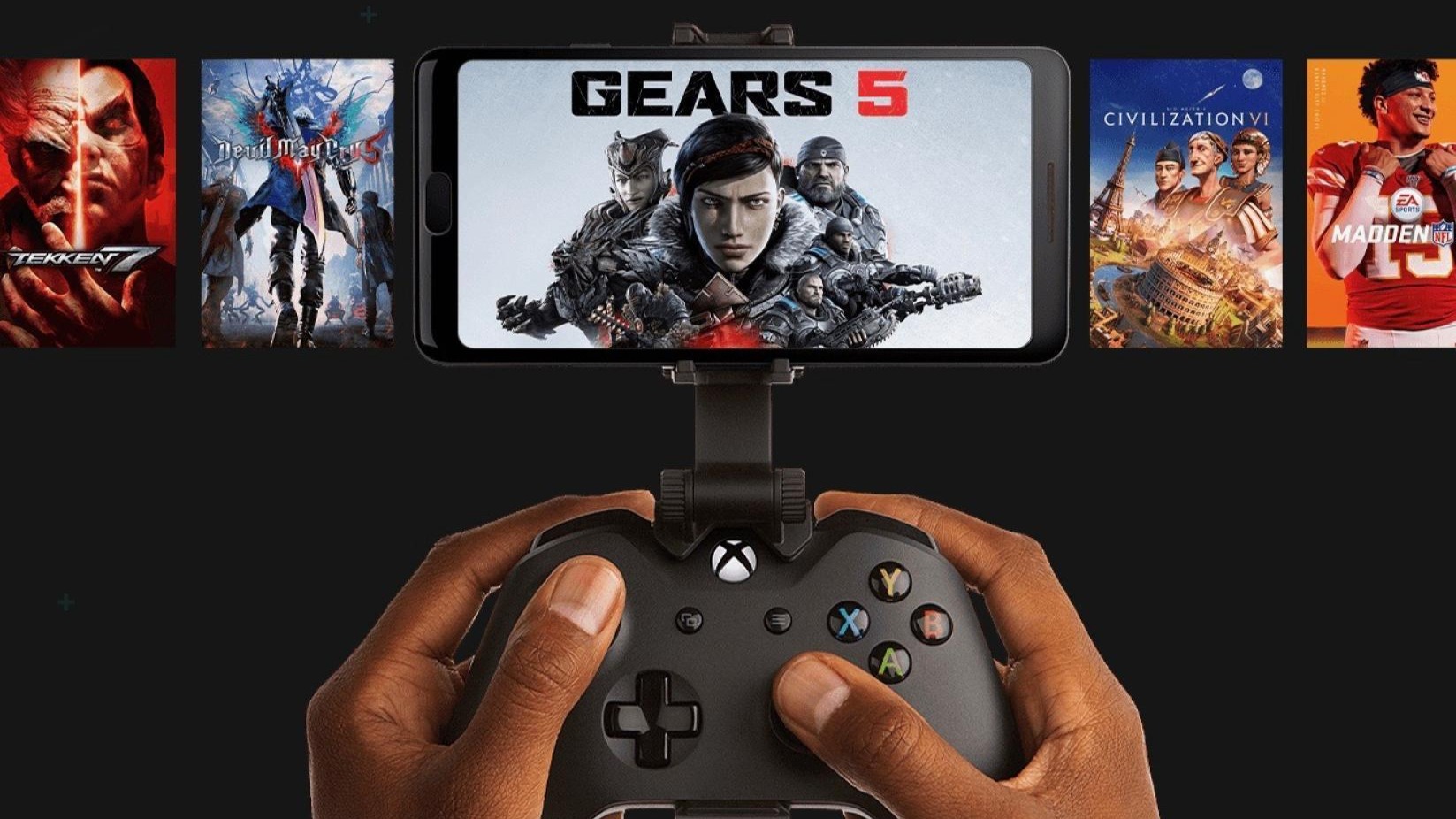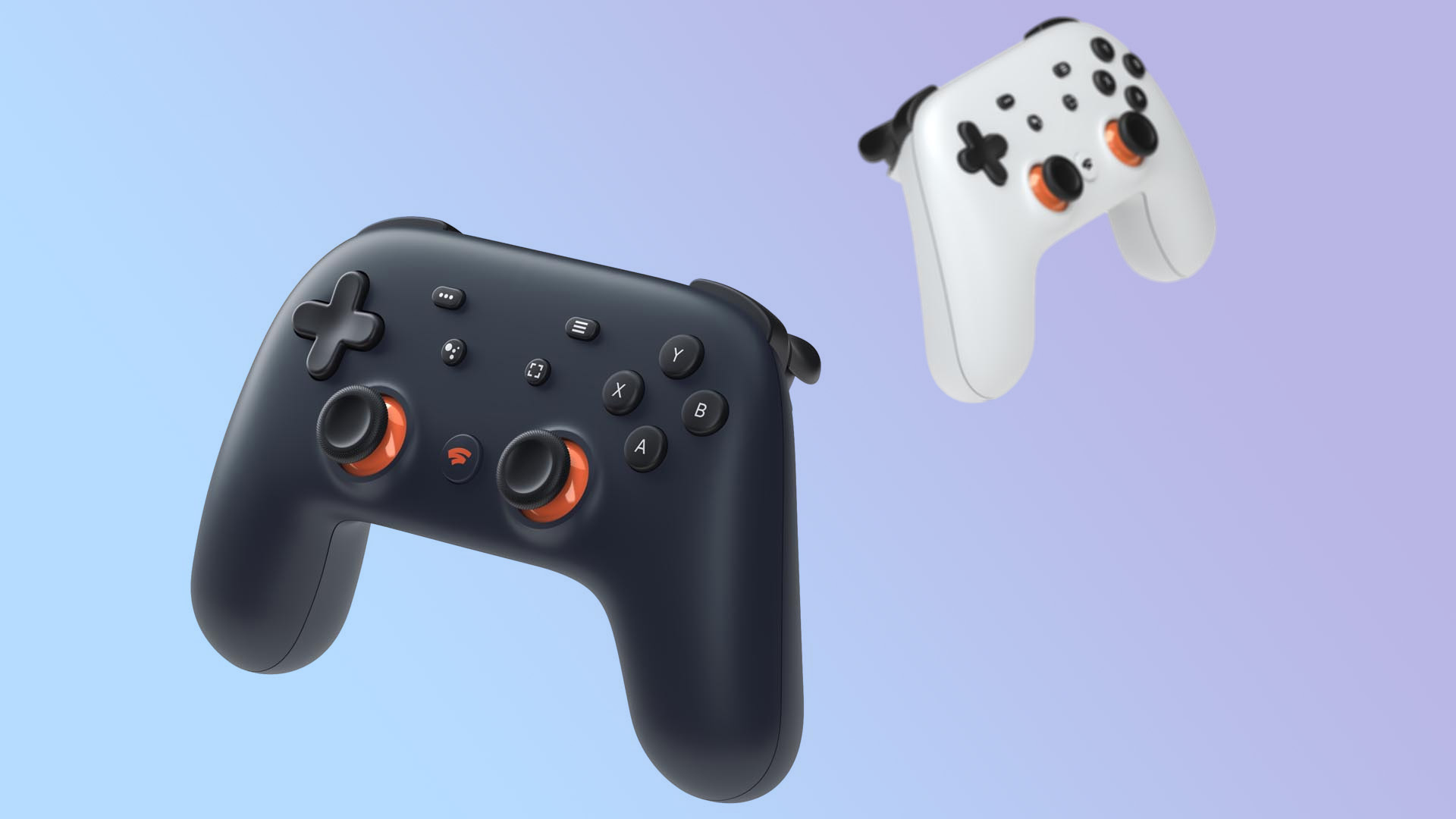
There's been an explosion in cloud gaming service providers over the last few years, many of which have struggled to capture a wider audience of gamers.
We've seen success stories in the form of Xbox Cloud Gaming and Nvidia GeForce Now, of course. But more still have missed the mark on providing stable or cost-effective services, namely attempts like Amazon Luna and Google Stadia.
To understand why cloud gaming platforms like Google Stadia stumbled off the blocks, I spoke to Yannis Weinbach, CMO of Shadow – a service that emulates a full Windows 10 PC experience via the cloud for a monthly fee.
And while Shadow isn't solely a cloud gaming platform, Yannis's thoughts on why services like Stadia are floundering were insightful and thorough.
Two key elements

According to Yannis, there's two vital components cloud gaming services have to nail out of the gate. The first is "definitely the business model," he says. And in regards to Google Stadia, he believes this is something that "totally killed them."
"When Stadia launched," Yannis says, "the idea was to say you had to pay [for] games on PC that you probably already own on other platforms.
"Either you do it with a full gaming catalog like Xbox [Cloud Gaming] or make use of other distribution platforms, which is basically what GeForce Now is doing."
Get daily insight, inspiration and deals in your inbox
Sign up for breaking news, reviews, opinion, top tech deals, and more.
Creating an entirely new distribution platform was always going to be an uphill battle for Google, then. As Yannis alluded to, Xbox Cloud Gaming is able to find success as it's already tied to the vast Xbox Game Pass Ultimate library. And as it's bundled in with the subscription, you don't need to pay a cent extra to access its cloud library on your PC or smart device.
GeForce Now sidesteps the issue by connecting to your existing PC libraries, whether that be Steam, the Epic Games Launcher, or otherwise. It uses those existing launchers to let you play supported games via the cloud.

It's not all doom and gloom for Google Stadia, though. Yannis outlines that the second factor cloud platforms need to nail is "the user experience." Things like ease of use, UI layout, connection stability and so on.
This is where Yannis feels like Google Stadia "had some steps forward. They have a very good user experience."
And I concur. Stadia's managed to roll out a handful of excellent features recently. Its new Party Stream feature makes streaming and playing games with friends relatively seamless, thanks to its drop-in nature. And late last year, Stadia launched on LG smart TVs, opening the service up to even more potential customers.
Shadow believes there's a strong future in cloud gaming, and cloud technology in general. And Yannis's words portrayed a general enthusiasm for the space as it continues to mature. Even Google Stadia, which got off to a rocky start, may have a bright future as one of cloud gaming's earliest experiments.

Rhys is TRG's Hardware Editor, and has been part of the TechRadar team for more than two years. Particularly passionate about high-quality third-party controllers and headsets, as well as the latest and greatest in fight sticks and VR, Rhys strives to provide easy-to-read, informative coverage on gaming hardware of all kinds. As for the games themselves, Rhys is especially keen on fighting and racing games, as well as soulslikes and RPGs.